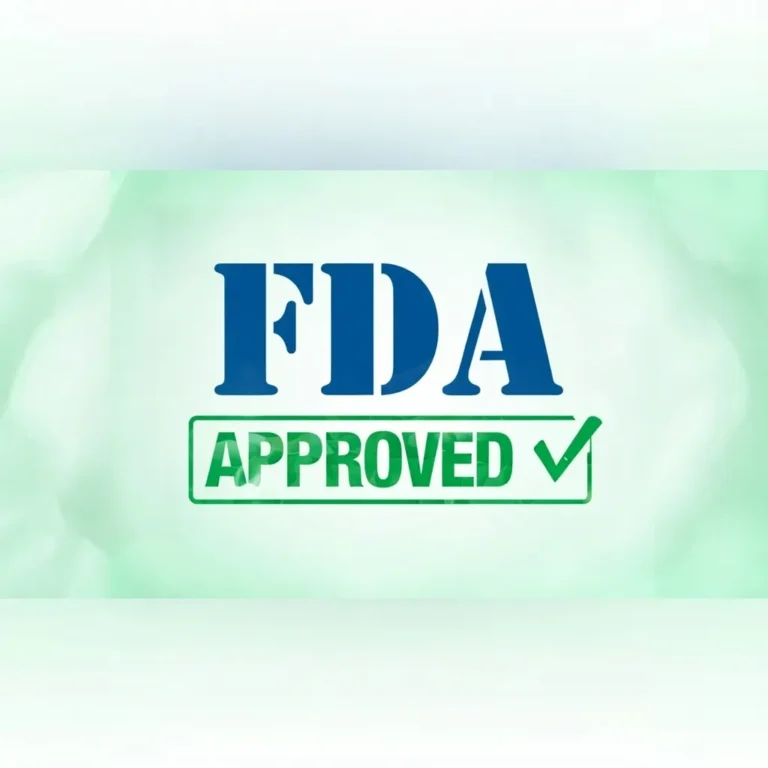
Today, the European Commission (EC) approved ADZYNMA®▼ (recombinant ADAMTS13) for treating ADAMTS13 deficiency in both children and adults with congenital thrombotic thrombocytopenic purpura (cTTP). ADZYNMA is now the first and only enzyme replacement therapy in the European Union (EU) specifically for cTTP. This approval follows a positive opinion from the Committee for Medicinal Products for Human Use, announced by Takeda on May 31, 2024, and includes confirmation of orphan medicinal product designation.
cTTP is an extremely rare, chronic blood clotting disorder caused by a deficiency in the ADAMTS13 enzyme. It leads to severe and potentially life-threatening symptoms such as thrombocytopenia, microangiopathic hemolytic anemia, renal issues, stroke, and abdominal pain. If untreated, acute TTP events have a mortality rate exceeding 90%.
Ricardo Marek, President of Takeda’s Europe and Canada Business Unit, stated, “A century after the discovery of cTTP, patients still face significant challenges with limited treatment options. This approval introduces the first treatment aimed at addressing the root cause of the disease – ADAMTS13 deficiency. We are proud to offer ADZYNMA to cTTP patients in the EU and remain dedicated to advancing innovative treatments for rare diseases.”
The EC approval is based on evidence from an interim analysis of efficacy, pharmacokinetic, safety, and tolerability data from the Phase 3 trial, as well as data from the continuation trial. Results from the Phase 3 trial (NCT03393975) were published in The New England Journal of Medicine in May 2024.
In the Phase 3 trial, patients alternated between receiving 40 IU/kg ADZYNMA IV or plasma-based therapy every other week or weekly for the first six months, then switched to the alternate treatment for the following six months, and all patients received ADZYNMA for the last six months. No acute TTP events were reported among patients receiving ADZYNMA prophylactically, while one event occurred in a patient on plasma-based therapies. Additionally, during the controlled comparison periods, one subacute TTP event was noted with ADZYNMA versus seven events with plasma-based therapies. The continuation phase showed consistent efficacy results.
ADZYNMA showed a favorable safety profile compared to plasma-based therapies. The most common adverse reactions were headache, diarrhea, dizziness, upper respiratory tract infection, nausea, and migraine.
Takeda is also studying recombinant ADAMTS13 for immune-mediated thrombotic thrombocytopenic purpura (iTTP), the acquired form of the disease, in an ongoing Phase 2b trial (NCT05714969).
This approval does not alter Takeda’s consolidated forecast for the fiscal year ending March 31, 2025 (FY2024).





